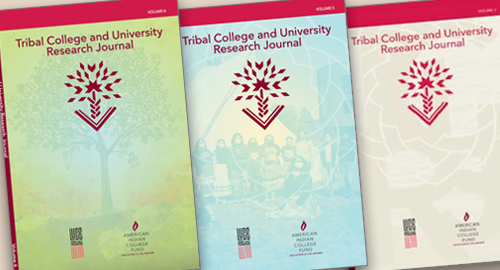Tribal Colleges Contribute Millions to State Economies
April 11, 2013
The five tribal colleges of North Dakota have contributed $182 million to the state’s economy after accounting for direct and secondary spending.
A report commissioned by the North Dakota Association of Tribal Colleges measures the collective impact of the state’s five tribal colleges serving Native communities: Cankdeska Cikana Community College in Fort Totten; Fort Berthold Community College in New Town; Sitting Bull College in Fort Yates; Turtle Mountain Community College in Belcourt; and United Tribes Technical College in Bismarck. The report was prepared by Randal C. Coon and Nancy M. Hodur, all with the Department of Agribusiness and Applied Economics at North Dakota State University, Fargo. Their analysis used the same methods and parallels economic impact assessments conducted over the past 10 years for the North Dakota University system.
Some highlights from the report included the following:
Collective tribal college impact for 2012 in North Dakota:
- Goods and services, wages and salaries $48 million
- Economic impact from student spending $39.6 million
- Secondary impact on economy, $94 million
greatest result on households and retail
A separate independent study was concluded for Fond du Lac Tribal and Community (FDLTCC) College in Cloquet, Minnesota by Wilder Research, a nationally recognized source of data used by state and local planners, policy makers, and service providers. It shows that the school generates an economic impact of $38 million for the state and surrounding communities, including approximately $2 million in tax revenues for state and local government. The college employs 459 faculty and staff members.
The estimated value of increased productivity in the state from the 203 associate degrees awarded by FDLTCC in 2011 in a 40-year work life of a graduate will also yield additional state income of $12.3 million of future value.
In addition to economic benefits, other benefits of a higher education include: higher earnings potential, employer-provided health care, job stability, lower stress, healthier lifestyle choices, greater job satisfaction, and future children benefits.









